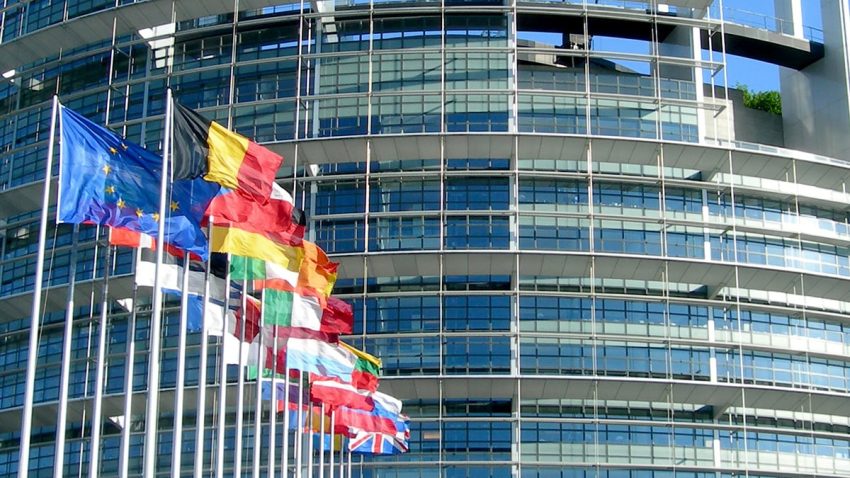Brussels, The European Union has passed a landmark law regulating artificial intelligence, a move hailed by policymakers as the most comprehensive AI governance framework in the world and viewed by industry leaders as a potential global benchmark.
The bill, approved by a decisive majority in the European Parliament, introduces binding rules on AI development, deployment, and oversight—including transparency requirements, bans on certain high‑risk applications, and severe penalties for violations.
The legislation classifies AI systems into four risk categories: minimal, limited, high, and unacceptable. Unacceptable uses—such as real‑time biometric surveillance in public spaces (with narrow exceptions), manipulative social scoring, and AI‑powered predictive policing—are banned outright.
High‑risk systems, including those used in critical infrastructure, healthcare, education, and employment, must undergo strict conformity assessments before entering the market. Developers will be required to maintain detailed documentation, ensure human oversight, and submit to regular audits.
Margrethe Vestager, the EU’s digital competition chief, called the bill “a human‑first approach to AI—one that safeguards rights and trust while allowing innovation to flourish.”
Violations of the law could trigger fines of up to €35 million or 7% of global annual turnover, whichever is higher—making the AI Act one of the toughest regulatory regimes in the technology sector.
A new European AI Office will be established to coordinate enforcement across member states, with the power to investigate breaches, issue penalties, and mandate system recalls.
Industry analysts say the EU’s move is likely to influence AI regulation worldwide, much like its General Data Protection Regulation (GDPR) reshaped global privacy laws.
“Global tech companies will often choose to comply with the EU’s standards everywhere rather than build separate systems for different markets,” said a technology policy expert in London. “This law could become the de facto rulebook for AI globally.”
Already, regulators in Canada, Japan, and parts of Latin America have signaled interest in adopting similar measures.
The technology sector’s reaction has been mixed. Some AI developers and startups have warned that the compliance burden could slow innovation, drive up costs, and limit competition. Others, particularly in enterprise and healthcare AI, welcomed the clarity and predictability the framework provides.
OpenAI, Google DeepMind, and other leading AI firms have publicly committed to engaging with EU regulators to ensure compliance, though several have hinted at lobbying for revisions in implementation rules.
The EU insists the law is designed to encourage innovation, with special provisions for regulatory sandboxes—controlled environments where startups can test AI systems under supervision before commercial rollout.
“The world has waited too long to set boundaries on a technology that is advancing faster than our ability to fully understand it,” said European Parliament President Roberta Metsola. “This legislation proves that democracy can keep pace with disruption.”
The AI Act is expected to enter into force in late 2025, with staggered compliance deadlines:
- Banned AI applications must be withdrawn within six months.
- High‑risk system compliance begins in 2026.
- All other provisions will apply by 2027.
For the EU, this marks the start of a new chapter in digital governance—one in which innovation and accountability are meant to coexist. For the rest of the world, it may be the beginning of an era where Europe’s rules define the boundaries of artificial intelligence far beyond its borders.




